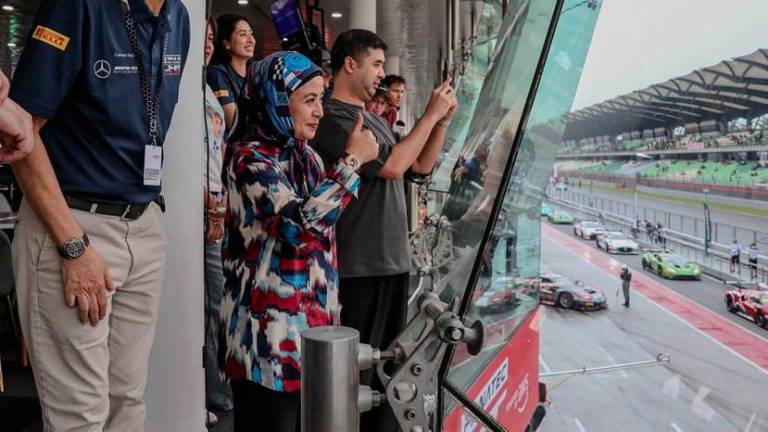PETALING JAYA: Shocking as it may be, many people continue to fall for sweet talk and empty promises made over the phone or email, and end up parting with their money.
The popular assumption is that lonely single women are most vulnerable but records have shown that highly rational people with decent jobs and social life are equally vulnerable.
Such “love scams”, as they are popularly known, are rampant.
In 2019, a total of 1,535 cases were reported, averaging over four a day, according to police records. These victims were fleeced of a total of RM79.11 million that year. The number of scams rose marginally to 1,582 in 2020 but the total sum lost dropped to RM58.33 million.
Most of these cases involved women aged 30 to 60, according to criminologist Shankar Durairaja, many of them highly educated and successful in their careers.
The predators are mostly foreigners, with a large number of cases reportedly involving Nigerians.
The youngest known scammer was just 15 years old, Shankar told theSun.
Citing a 2019 report by analysts Azianura Hani Shaari, Mohammad Rahim Kamaluddin and Masnizah Mohd, Shankar said the scammers often assumed the personality of a professional European, with the use of a fake profile picture paired with exaggerated information of their supposed riches and luxurious lifestyle.
“If you look deeper, you’d realise they have few or no friends, or any friends they have are usually Asian men or women,” he said.
As cybersecurity expert Dr Selvakumar Manickam pointed out, increase in incidence of online or romance scams is in tandem with the prevalence of online services such as social media and dating apps.
“These scams are financially motivated, and are on the rise in Malaysia, exacerbated in the online behaviour of Malaysians,” Selvakumar, who is an associate professor at Universiti Sains Malaysia, told theSun.
A study carried out by McGill University in Canada showed that Malaysia ranks third in the world for smartphone addiction.
Furthermore, Malaysia is in the top 10 in social media penetration.
“Such behaviour makes us an easier target for victimisation,” Selvakumar said, adding that what makes love scams very successful is the ability of the criminal to hide behind fake profiles, and the internet makes it possible for them to carry out their criminal acts anonymously.
“They would also spend time understanding the art of social engineering and human psychology. A potent combination if used correctly,” he cautioned.
Scammers also often prey on older people, preferably divorced or widowed, and often target the victims’ insecurities or desires and develop an intimate “relationship” as quickly as possible, according to Selvakumar.
He added that statistically, men are more prone to be victimised than women.
On whether developers of dating apps should take precautionary measures to protect users, Selvakumar pointed out that “there is only so much technology can do to protect users”.
“Although the app makers have put mechanisms in place to protect the users, it has not created any impact needed to reduce such scams. In the end, it is up to the user to self-educate and be aware of the dangers, understanding the tell-tale signs,” he said.
“For example, take note if the individual is exceptionally far, professing feelings too fast, a profile that is too good to be true, refusal to visit and most obvious one, asking payment done in untraceable forms, such as bitcoin transfer,” he advised.
He added that although police reports should be made, and they can try to trace the owner’s account, in most cases, unfortunately, mule accounts would have been used, and the criminal may never be traced, and the loss cannot be recouped.
As a final word, he said: “Consult family or friends before transferring a large amount of money to someone you have never even met in person.”
A total of 1,535 scam cases were reported in 2019 alone and the victims were fleeced of a total of RM79.11 million. – Bernamapix














